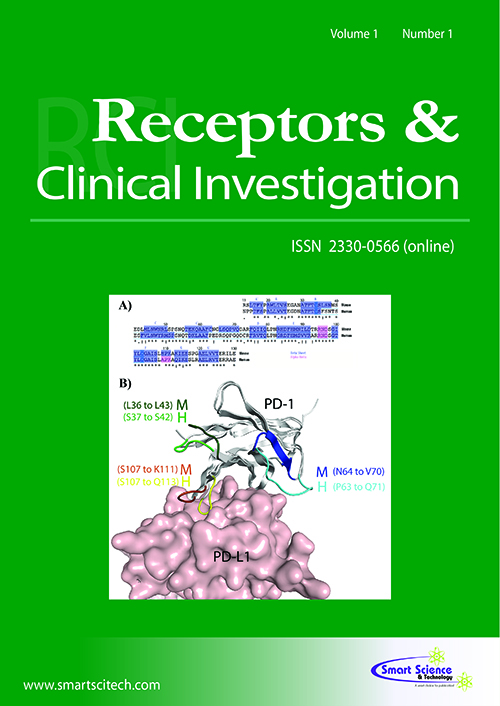The role of leptin in the central nervous system remyelination
Abstract
Leptin is identified as a mouse obesity gene, which is also preserved in humans. Leptin receptor is highly expressed in the hypothalamus relative to other tissues; therefore, the function of leptin is mainly attributed to hypothalamic control of food intake and body weight. Although the expression of leptin receptors is not limited to the hypothalamus but is also present in other regions of the central nervous system (CNS), such as the spinal cord, the functions of leptin and leptin receptor in the CNS have not been fully clarified. In this research highlight, we focus on the novel function of leptin in CNS remyelination in pathologic conditions, such as the demyelination mouse model. Because remyelination is a crucial process for repair of neuronal networks after injury and wound healing, knowledge of the underlying molecular mechanism of remyelination is useful to establish a therapeutic strategy against demyelinating diseases. We only revealed the role of leptin in remyelination at a histological level; however, a behavioral analysis and evidence of the beneficial effect of leptin for humans may add to knowledge of the effect of leptin on remyelination function.











